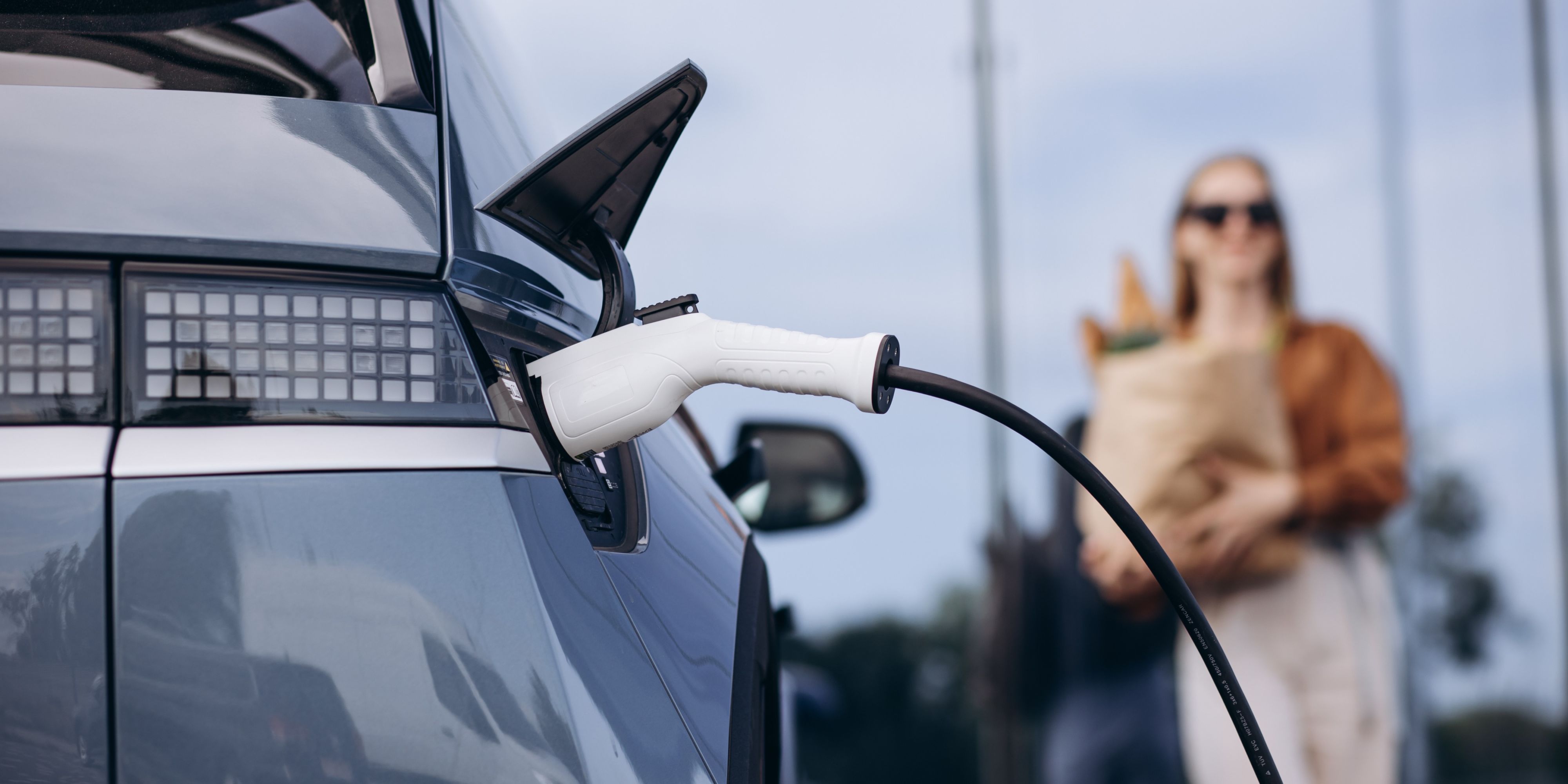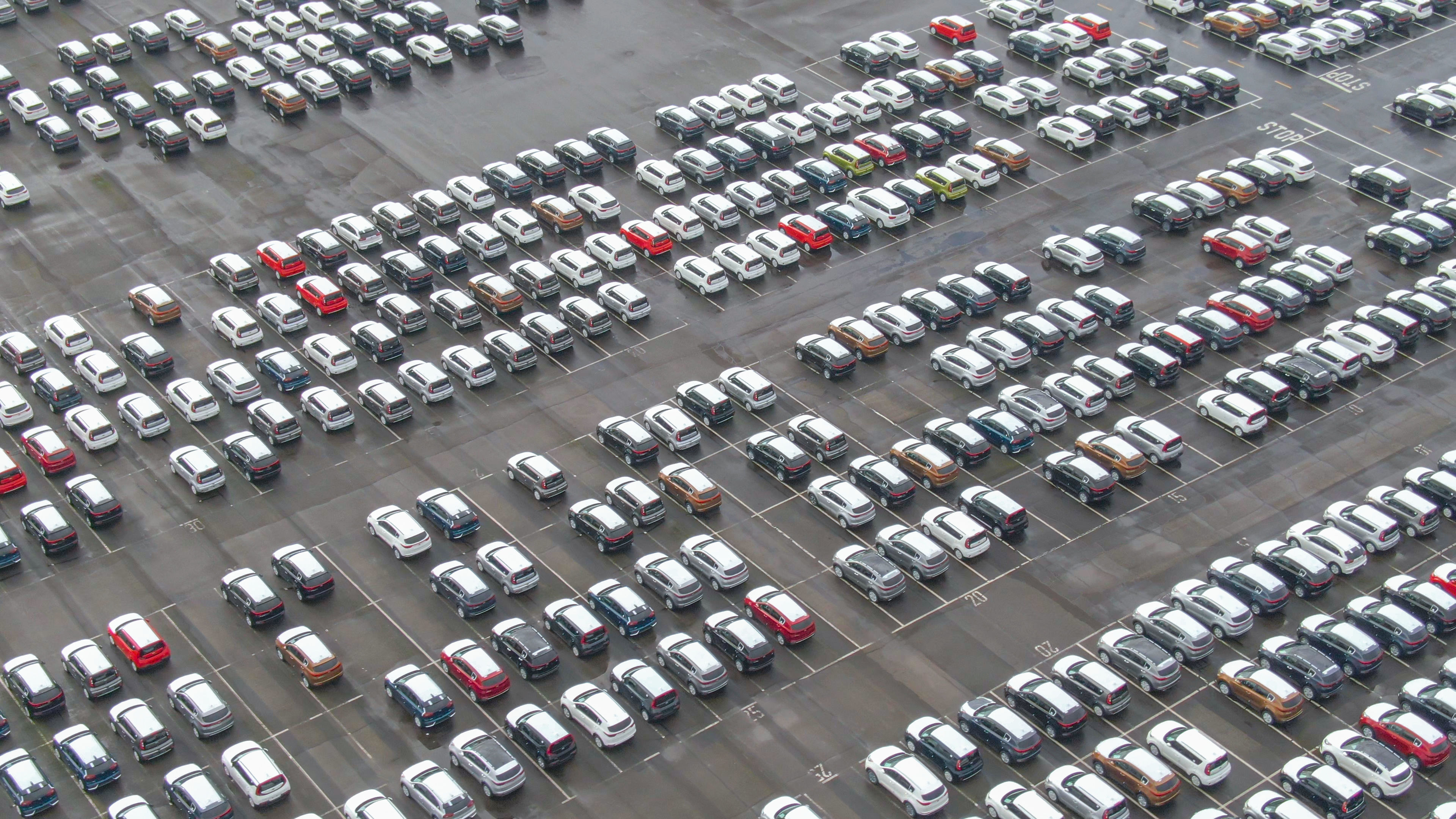Hesse is the federal state in which the most new electric cars were registered in 2023 in relation to the population. Between January and November, 8.6 new electric cars per 1,000 inhabitants were registered there. This is significantly higher than the national average of 5.6 new electric cars per 1,000 inhabitants. At the turn of the year, the Association of International Motor Vehicle Manufacturers (VDIK) evaluated the registration and stock figures of the Federal Motor Transport Authority for all federal states.
In absolute figures, Germany’s most populous federal state is in the lead in 2023. North Rhine-Westphalia counted 96,890 new electric cars, closely followed by Bavaria in second place (93,458 new e-cars). In terms of new electric car registrations per 1,000 inhabitants, however, NRW is only in mid-table with 5.3 electric cars. The market shares of purely electric cars in the overall passenger car market also vary greatly from state to state. In Schleswig-Holstein, for example, more than one in five new cars was an e-car (22.1%). On average, the market share of electric cars in Germany in 2023 was 18.0%.
As expected, the large federal states are also ahead in terms of the number of electric cars on October 1, 2023. However, there are differences in the density of electric cars. Baden-Württemberg (18.9) and Bavaria (18.6) also have a particularly high number of e-cars in relation to the population. However, the lower density of e-cars is partly due to lower motorization overall. In Berlin, for example, there are only around half as many e-cars per 1,000 inhabitants (9.1) as in Bavaria. However, there are also only 332 cars registered per 1,000 inhabitants in the capital, compared to 628 in Bavaria.





